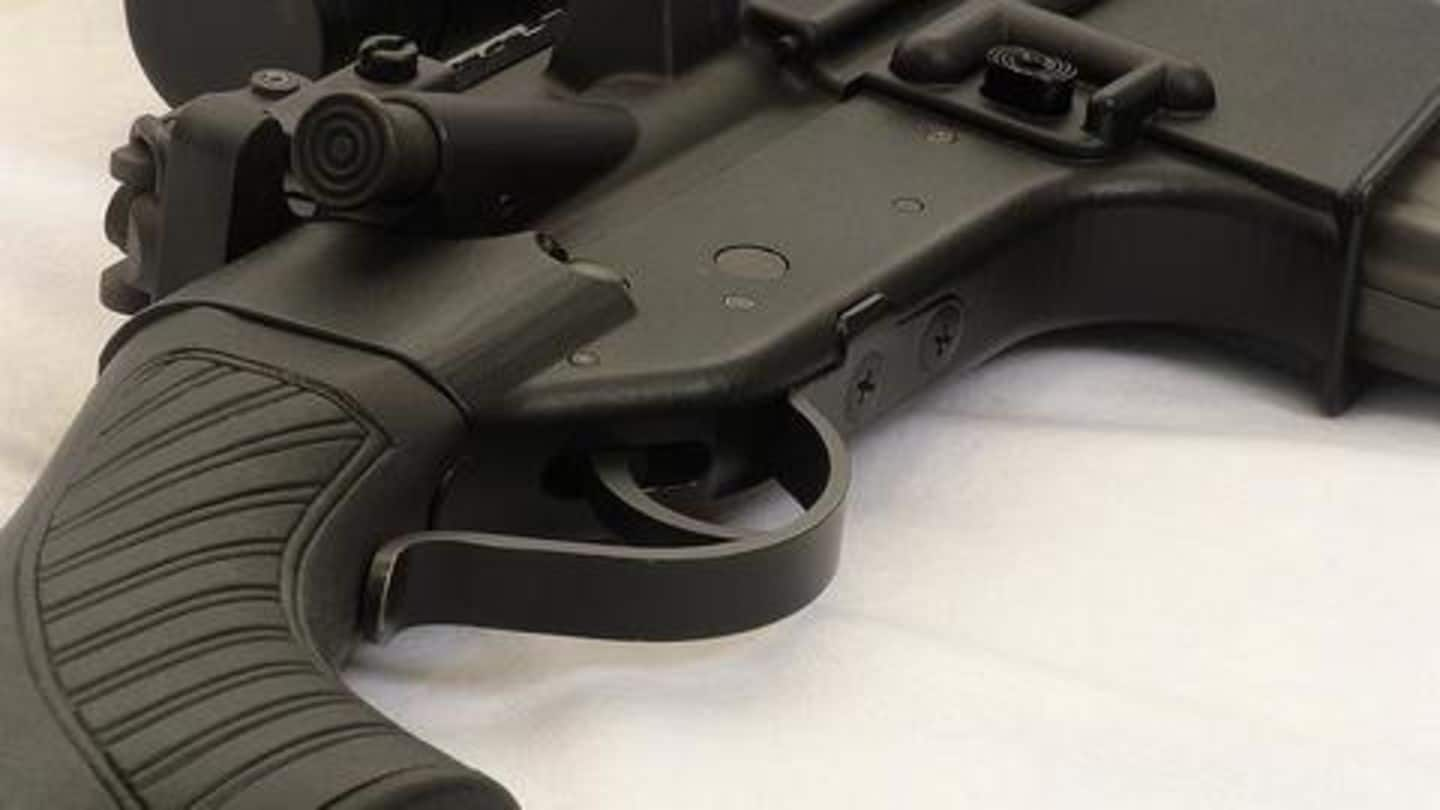
3D-printed gun makers are spreading anonymously on the internet
What's the story
3D-printed guns have raised plenty of alarms, mainly because they can be created by anyone and are capable of firing standard handgun rounds.
Governments have been cracking down these firearms, but those in support are now using the internet for anonymous promotion.
Basically, they have established a global network to spread access to the material for 3D gun printing.
Here's all about it.
Issue
Anonymous 3D gunsmiths spreading online
Previously, authorities tackled the spread of 3D guns by tracking down the people promoting them using their identity, headquarters or something else.
But now, these gun advocates - with similar viewpoints on gun control - are using the internet to establish themselves as anonymous, untraceable promoters.
They share the files to 3D-print guns in the loosely knit community that spans across the world.
Work
What happens in this community
Speaking to the Wired, a member claimed that their community has thousands of members, but only a few hundred of them are actively developing and sharing 3D-printing gun technologies.
They exchange opinions across platforms like Signal, Twitter, IRC, and Discord, assess each others' work, exchange 3D gun CAD files, offer advice, and sometimes even collaborate on future plans for making better 3D-printed guns.
Risk
Now, this raises major concerns
The expansion of this community across the world raises the risk of people getting access to illegal weaponry.
There is no way to track down the guns made from 3D-printing (there's no serial number), which means people, not to mention teens, with a 3D printer can easily circumvent gun laws.
This could ultimately contribute to a rise in cases of assault, murder etc.
Tracking
No way to track, says member
The member, who goes as Ivan the Troll, emphasized that the spread of this community cannot be stopped because there is no leader or trademark, and the members are completely anonymous.
"If they [the government] were to come after me, they'd first have to find my identity," he told Wired, noting that "I'm one of many like-minded individuals who're doing this sort of work."